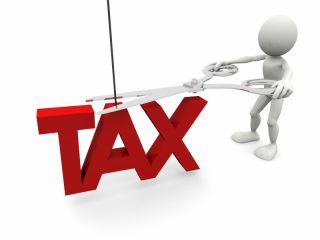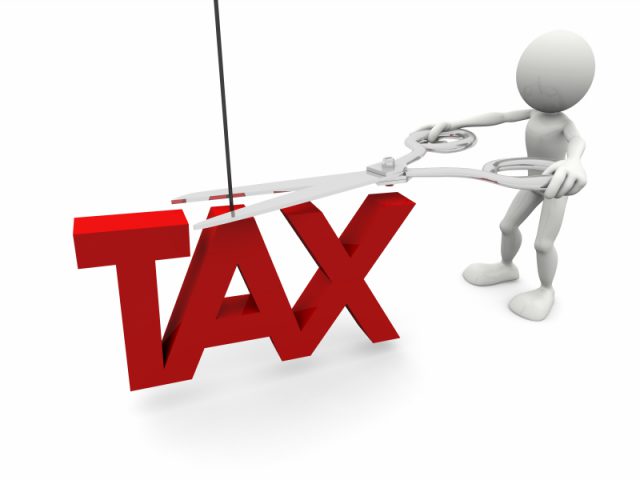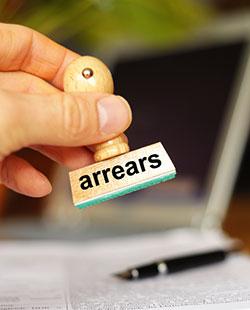New Buy-to-Let Mortgage Products Available for Purchases and Remortgages
Ipswich Building Society has launched new buy-to-let mortgage products for purchases and remortgages.

New Buy-to-Let Mortgage Products Available for Purchases and Remortgages
A new two-year fixed rate buy-to-let product at 3.39% will be available, along with a two-year discount at 3.44% for new purchases and remortgages at up to 75% loan-to-value (LTV).
The buy-to-let mortgage products are available to those borrowing up to £500,000, and are subject to an application fee of £199, a completion fee of £1,300 and a standard valuation fee.
However, the valuation fee will be waived for buy-to-let landlords remortgaging a property worth up to £1m, while they will also receive assistance with their legal fees.
The Chief Executive of Ipswich Building Society, Richard Norrington, comments on the new buy-to-let mortgage products: “We continue to provide choice in the marketplace for mortgage misfits and those who may not fit a one-size-fits-all assessment.
“By employing a manual approach to underwriting, with consideration of each application based on individual circumstances, this new initiative will help creditworthy buy-to-let borrowers who may be finding it hard to remortgage away from their existing lender.”
While you may be attracted to the new buy-to-let mortgage products on offer, be aware that from April this year, the amount of mortgage interest that individual landlords can offset against tax will be restricted.
As of 6th April 2017, mortgage interest tax relief for individual buy-to-let landlords will be gradually reduced to the basic rate of Income Tax. The measure is part of the Government’s so-called attack on the buy-to-let sector, and will force some landlords into the higher rate tax bracket.
It is essential that all landlords are aware of the changes. This guide from the Government explains the change in more detail and who it affects: /government-guide-tax-relief-changes-residential-landlords/
Make sure you keep up with all of the changes in the market at Landlord News and seek financial advice when necessary.








